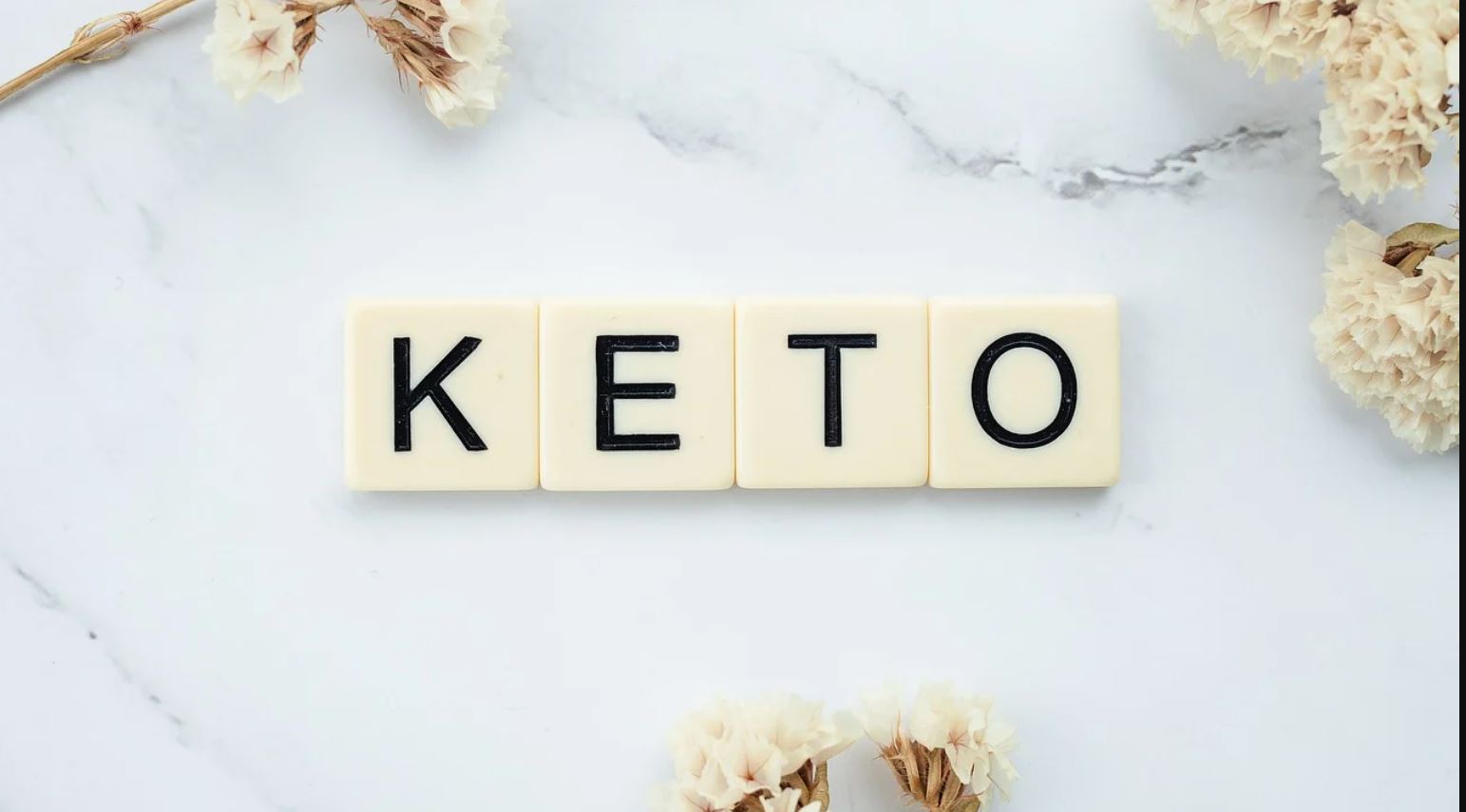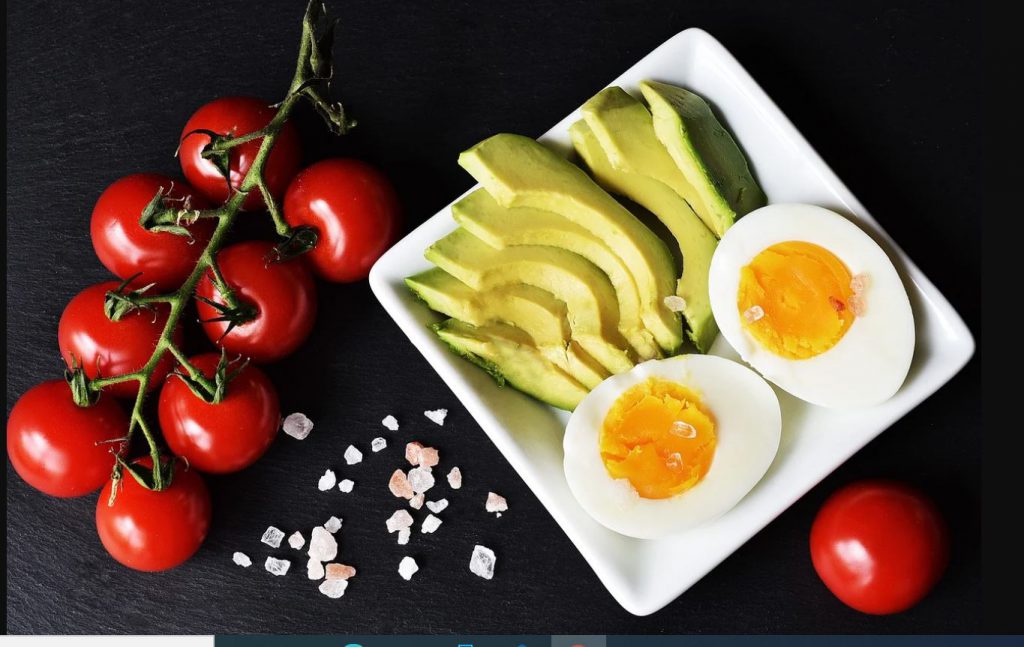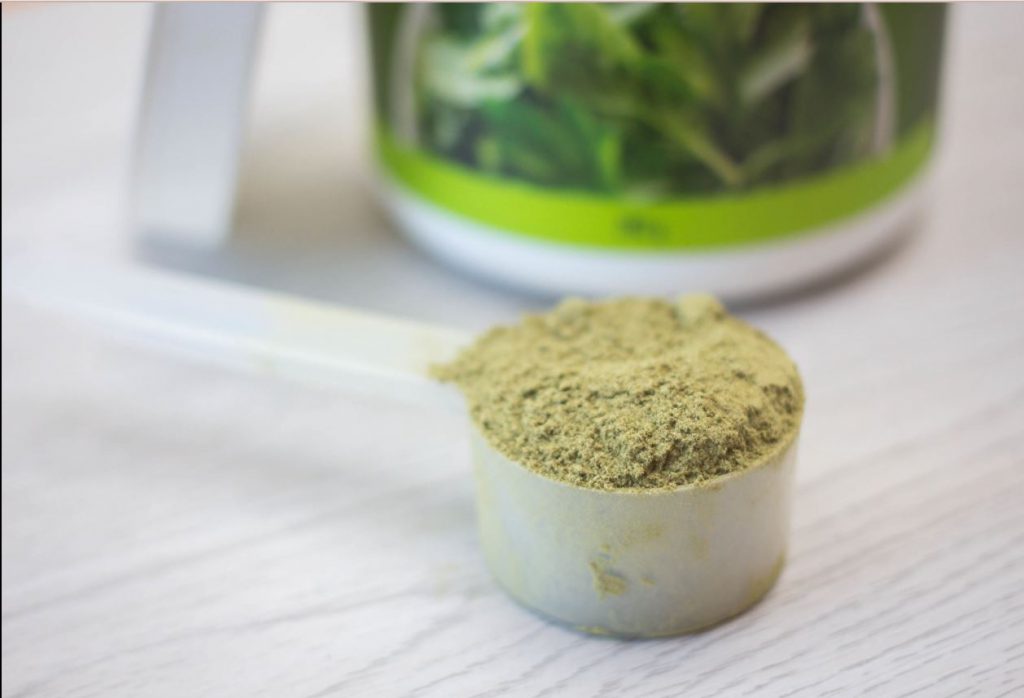
Do You Need Supplements On A Keto Diet?
LAST UPDATED: February 24, 2022
What is the keto diet and what nutrients does it include?
The ketogenic diet (more commonly known as the keto diet) is a high-fat and low-carb diet to aid weight loss, enhance athletic performance. It gets you more calories from fat and protein and less from carbohydrates. By cutting out carbs, your body eventually runs out of blood sugar and begins to use up fat in a process known as ketosis – a metabolic state in which your body fuels on ketones and not glycogen.
The keto diet cuts down on quite some food options so it’s better to supplement it with certain nutrients. And it’s not always possible to cover every nutrient with food. When you can’t, you should just supplement!
Some supplements can also help with the initial keto flu – symptoms such as fatigue, nausea, and constipation that can appear in the beginning few days of the diet.

Finding the right nutritional balance
Here are 7 best supplements you can take to maximize the health benefits for keto dieters:
-
Magnesium
Most magnesium-rich foods such as fruits and beans are also rich in carbs. Therefore, people who follow a keto diet may be at higher risks of developing magnesium deficiencies.
Magnesium can also help reduce the early symptoms of transitioning to a keto diet, such as cramps and sleeping difficulties. Magnesium supplements are great for muscle cramps, fatigue, and any abnormal heart rhythms.
Magnesium supplements come in many forms such as magnesium glycine, magnesium gluconate, and magnesium citrate (the most beneficial and easily absorbed forms) to name a few. Each has different pros and cons, and which one you require will depend on our individual body needs. 200 to 400 mg of magnesium supplements is recommended daily on a keto diet. However, again, this will depend on your unique bodily requirements.
-
Exogenous ketones
There are two types of ketones: endogenous and exogenous ketones. Endogenous ketones are produced naturally within the body through ketogenesis while exogenous ketones need to be supplied by an external source.
Exogenous ketone supplements provide you with Beta-hydroxybutyrate (BHB) which is what helps your body get into the form of ketosis. They increase the levels of ketones in the blood, thus helping in reaching ketosis quickly and easily. They also increase athletic performance and promote weight loss by decreasing appetite.
Exogenous ketones can be taken before workouts, in between meals, and even while fasting. They are available in the form of ketone esters as well as ketone salts – you should take the one better suited to your health and diet.
-
Vitamin D
It’s a good idea to keep your vitamin D levels at the optimum to maximize the effects of dieting, especially if you are a lactose-intolerant person going on a keto diet.
Vitamin D can aid the absorption of calcium, a nutrient that can be lacking since not many foods have good sources of calcium. Thus, it is recommended to take vitamin D supplements for a healthy, and balanced diet, especially if you are eliminating dairy altogether.
Vitamin D deficiency is quite common, so it’s a good idea to get your levels checked and supplement accordingly. Be careful of your vitamin A levels though, as supplementing with vitamin D can increase the need for vitamin A in your body.
-
Electrolytes
Since the keto diet is naturally diuretic, electrolytes tend to deplete easily. This means that fewer carbs equal less insulin production in ketosis, causing the kidneys to release more water and flush out electrolytes. More quantities of sodium and potassium are excreted out of the body through urine. The large amounts of water loss from the body can lead to symptoms of the keto flu, such as fatigue, cramps, irritability, and constipation. There is even greater fluid and electrolyte loss in athletes and physically active individuals who transition to keto dieting.
The first few weeks after the keto diet can be tough for the body as it learns to adapt to the new high fats and low carbs conditions. Supplements containing sodium, potassium, and magnesium should be taken religiously to make sure you are rehydrating enough and maintain your blood pressure, nerve function, and fluid balance in the body. The recommended dosage will depend on your diet and condition.

-
MCT Oil
Medium-chain triglycerides, also known as MCTs, are a form of saturated fat that is popular as supplements on the keto diet. The body metabolizes them differently from the common type of long-chain triglycerides – they are broken down quickly and easily by the liver to be used as a fuel source.
One of the best sources of MCTs is coconut oil. However, MCT oil itself is much more common and has a higher concentration of the product. It is made by isolating the MCTs from palm oil, coconut oil, and other dairy products.
MCT oil helps you stay in the process of ketosis for longer by increasing your fat intake and thus, aiding weight loss. It improves endurance, increases energy, promotes a feeling of fullness, and can also fight early ketosis symptoms.
MCT oil is a quick and easy fat boost that is rapidly digested, and a supplement that can be added to any drink from coffees to smoothies.
-
Omega-3 fatty acids
Omega-3 fatty acids are naturally only found in fatty fish and krill oils. Our bodies can’t produce them, so we need to rely on external sources for them. The primary omega-3 fatty acids include eicosapentaenoic acid (EPA) and docosahexaenoic acid (DHA). The recommended are 500mg of EPA and 1000mg of DHA, but exact measurements can vary from person to person.
Omega-3 fatty acids are anti-inflammatory and can help maximize the effect of the keto diet on your health. Additionally, they lower the risk of heart disease and also have numerous cognitive benefits.
It is important to maintain a healthy omega-3 to omega-6 ratio on a high-fat diet. How much omega-3 supplement you need will depend on your fatty fish intake. If you consume less grass-fed and seafood in your diet, you will need a higher dosage of omega-3 supplements.
-
Greens powder
Vegetables are an important part of any kind of diet. Green vegetables have a range of vitamins and minerals that can help your body perform. They are nutritionally dense, but it’s not always possible to consume four cups of spinach every day!
This is where greens powders come in. They typically contain mixtures of powdered forms of plants such as spinach, kale, broccoli, wheatgrass, etc. You can add a quick green powder to your routine – it can be conveniently mixed in with drinks and shakes or sprinkled onto salads for a quick and healthy treat.
Greens are essential to perform optimally on the keto diet and get maximum benefits out of it. A high-quality and well-balanced green powder can be a great nutrient boost for keto dieters.

Other supplements to consider:
-
Digestive enzymes
Lipase and protease break down fats and proteins as well as enhance digestive function in the early stages of ketosis -
Fiber
Supplements that include dietary fiber to help in digestion and maintaining gut health -
Vitamin C
Is very useful to keep immunity levels up and manage blood pressure.
Take Personalized Vitamins with Autumn
The right supplements can make the transition to ketosis easier, help you get through the symptoms of the ‘keto flu’ phase, and optimize your efforts towards a lean and fit body.
Supplement and vitamin needs are unique to everyone. Do you need more electrolytes or exogenous ketones? The supplements you will need will depend on the quality of your keto diet, your body, and even the time of the year!
The process of nutrigenomics will help you hack into the molecular level and find out which vitamins and in what quantity your body requires on a daily level. We use DNA to provide supplementation of the vitamins to address exactly what your body needs – nothing more and nothing less! No more second-guessing what your diet lacks and body needs!
We use personalized nutritional data to provide vitamins and supplements that are catered to your unique needs. So, what are you waiting for? Enhance the nutritional value of your ketogenic meal plan to complement your genetics and lifestyle today.
